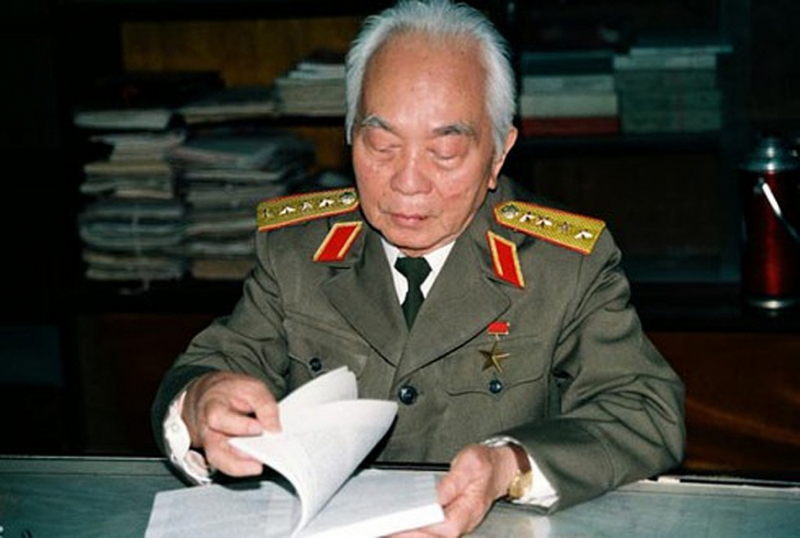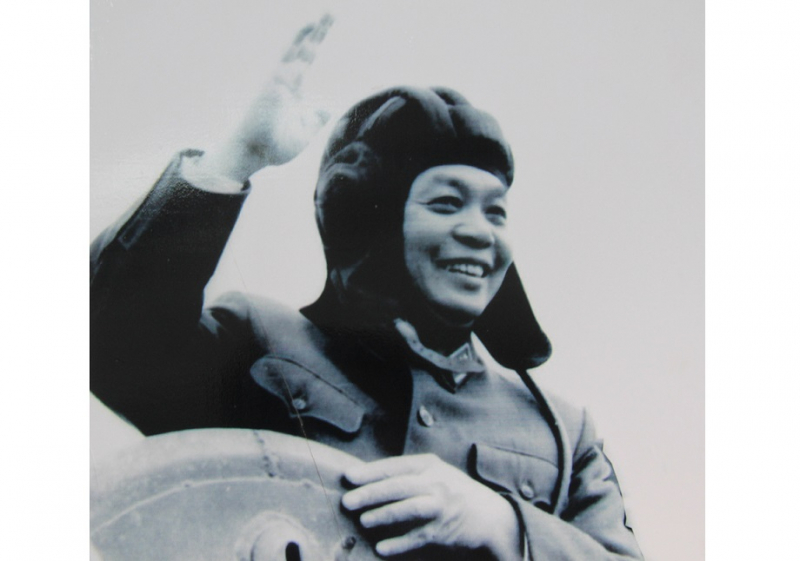Vo Nguyen Giap
One of the finest military strategists of the 20th century was Vo Nguyen Giap, a communist politician and Vietnamese general. He held several positions in the Viet Minh government under President Ho Chi Minh, including interior minister, deputy prime minister, military commander of the Viet Minh, and head of the People's Army of Vietnam (PAVN). He also served on the Vietnam Workers' Party's Politburo before the party changed its name to the Communist Party of Vietnam in 1976.
Vo Nguyen Giap originally gained notoriety during World War II, when he led the Viet Minh army in resistance to the Japanese occupation of Vietnam. He was a history teacher at a French-speaking academy with no formal military experience. He was inspired by historical military figures, identifying T. E. Lawrence and Napoleon as his two main influences. Later, he was referred to as "Red Napoleon" by certain Westerners.
In two wars, the First Indochina War (1946-1954), fought against the French, and the Vietnam War (1955-1975), fought against South Vietnam and its American sponsors, Vo Nguyen Giap played a key role as a military leader. In addition to Cao Bang in 1950, Hoa Binh in 1951-1952, Dien Bien Phu in 1954, the Tet Offensive in 1968, the Easter Offensive in 1972, and the last Ho Chi Minh Campaign in 1975, he took part in a number of historically noteworthy battles.
Vo Nguyen Giap is frequently credited for leading the army during the Vietnam War and leading North Vietnam to victory over South Vietnam and the United States. He also had a significant impact on the PAVN's second transition into "one of the largest, most fearsome" combined-arms and mechanized fighting forces, ready to deal a crushing blow to the rival Army of the Republic of Vietnam (ARVN) in conventional warfare.










